Abraham Lincoln came to Bronson Park in Kalamazoo on August 27, 1856. At the time, Kalamazoo was a village of roughly 10,000 people. It was a progressive town, and known to be a hub of activity, as it was on the Kalamazoo River and situated halfway between Chicago and Detroit along the Michigan Central Railroad. As for Lincoln, he did not yet have his trademark beard, and was an unknown lawyer from Illinois.
Lincoln’s Kalamazoo speech was at a rally for the newly formed Republican Party and its first presidential candidate, John C. Fremont. Fremont, from Georgia, had gained fame for being an explorer of the American West. Lincoln supported the Republican Party from its inception, part of which had taken place two years prior in Jackson, Michigan.
Though this speech was intended to promote Fremont, Lincoln focused on the issue that was the basis of the Republican Party. This issue was the divisive Kansas-Nebraska Act, which had been passed on May 30, 1854. The act permitted for a few United States Territories to decide if they would allow slavery or not. This nullified part of the Missouri Compromise made in 1820, which had designated a line across the country that would separate free states from slave states. While the Kansas-Nebraska Act might seem like a reasonable and democratic way to decide things, it reignited the heated disagreements between pro- and anti-slavery groups. This, in turn, erupted into violence and bloodshed that would later be known as Bleeding Kansas.
In his speech, Lincoln stressed that the Republican Party did not propose an overall abolition of slavery, they simply opposed its expansion into the new United States Territories. He also called for preserving the Union, an ideal that he carried until his assassination, and Lincoln also emphasized that John C. Fremont was not an abolitionist.
After his speech, the crowd erupted into applause. He later stood in the corner of the park and shook hands with anyone who approached him. While the Democratic paper, The Kalamazoo Gazette was unimpressed by Lincoln, many others in the crowd were. “His whole speech was a powerful and convincing argument for the Republican platform”, according to Charles S. May. Henry Parker Smith wrote that “Lincoln is the man for me.” This sentiment must have held true for many Michiganders, especially those who attended the rally. John C. Fremont carried Michigan in the 1856 election, but ultimately lost to the Democratic candidate from Pennsylvania, James Buchanan. Unfortunately for Buchanan, his term as president was (and still is) considered by many to be unsuccessful. In the election of 1860, Lincoln found himself running for president. He had gained much popularity in the North and with the vote, he won Michigan convincingly. Many who heard him that day in Bronson Park had been left with a lasting, positive impression of the man who would go down in American history as one of the best presidents to serve the American people.
Lincoln’s Kalamazoo address may not have had the immediate desired results, as Fremont lost the election, but Lincoln was able to practice the kind of arguments that he would use to win his presidential election in 1860 as well as making memorable speeches as president. This opportunity also brought him to the attention of the people of Michigan. It may have been the only time Lincoln spoke to an audience in our state, but it is one that helped build the legacy that was Abraham Lincoln.

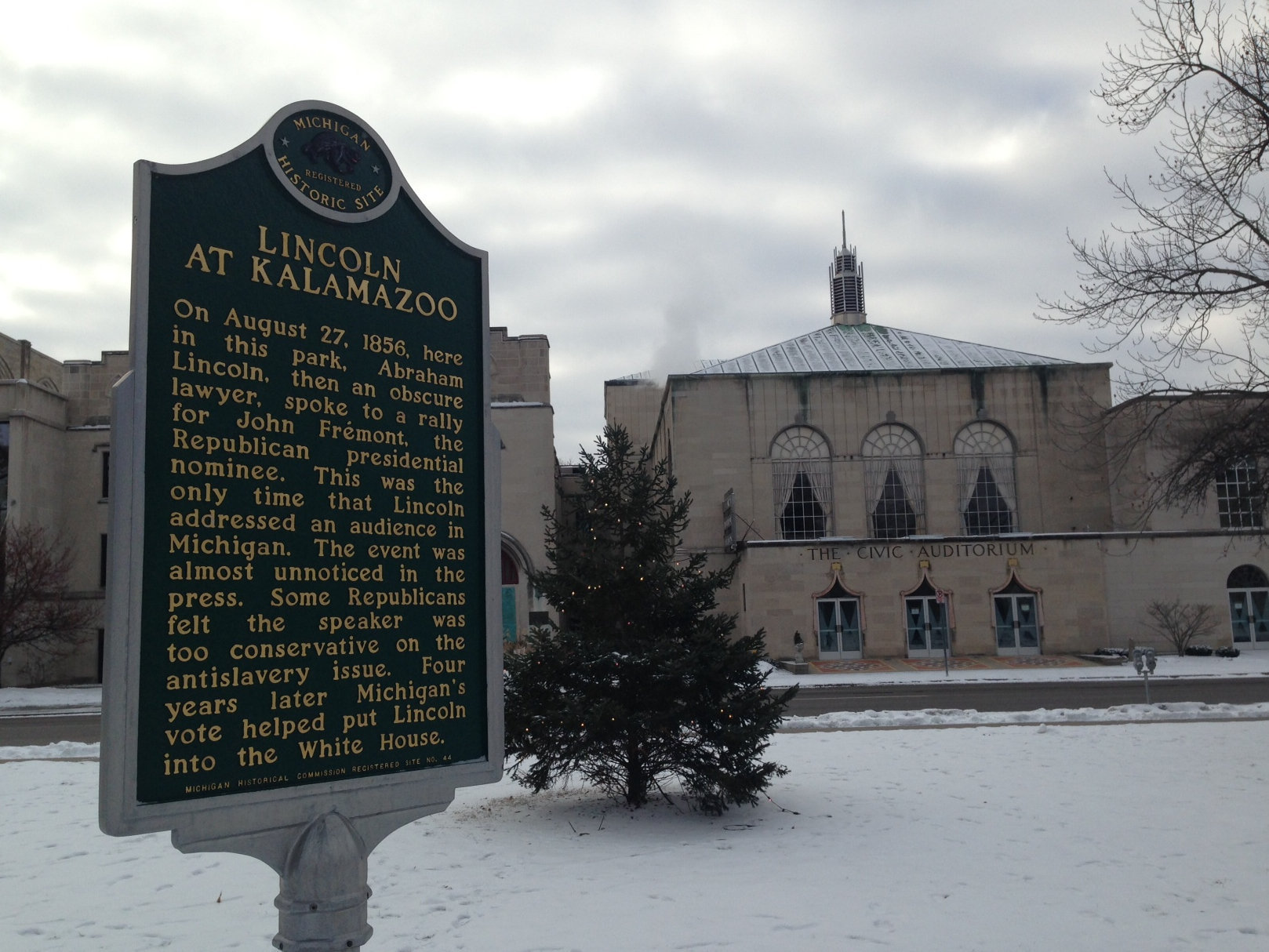
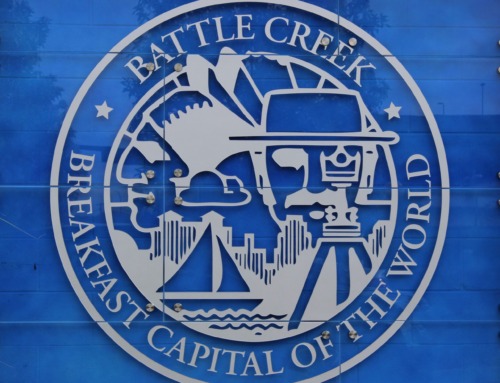
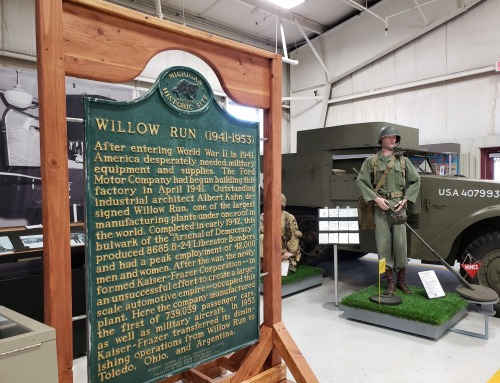
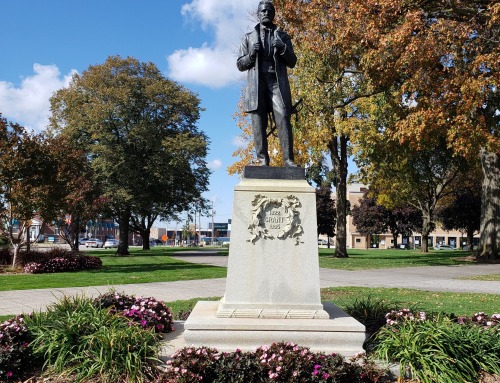
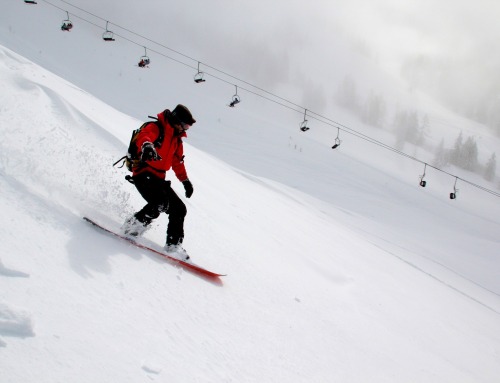
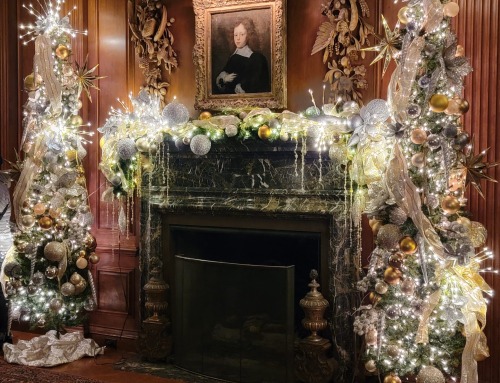
Leave A Comment
You must be logged in to post a comment.